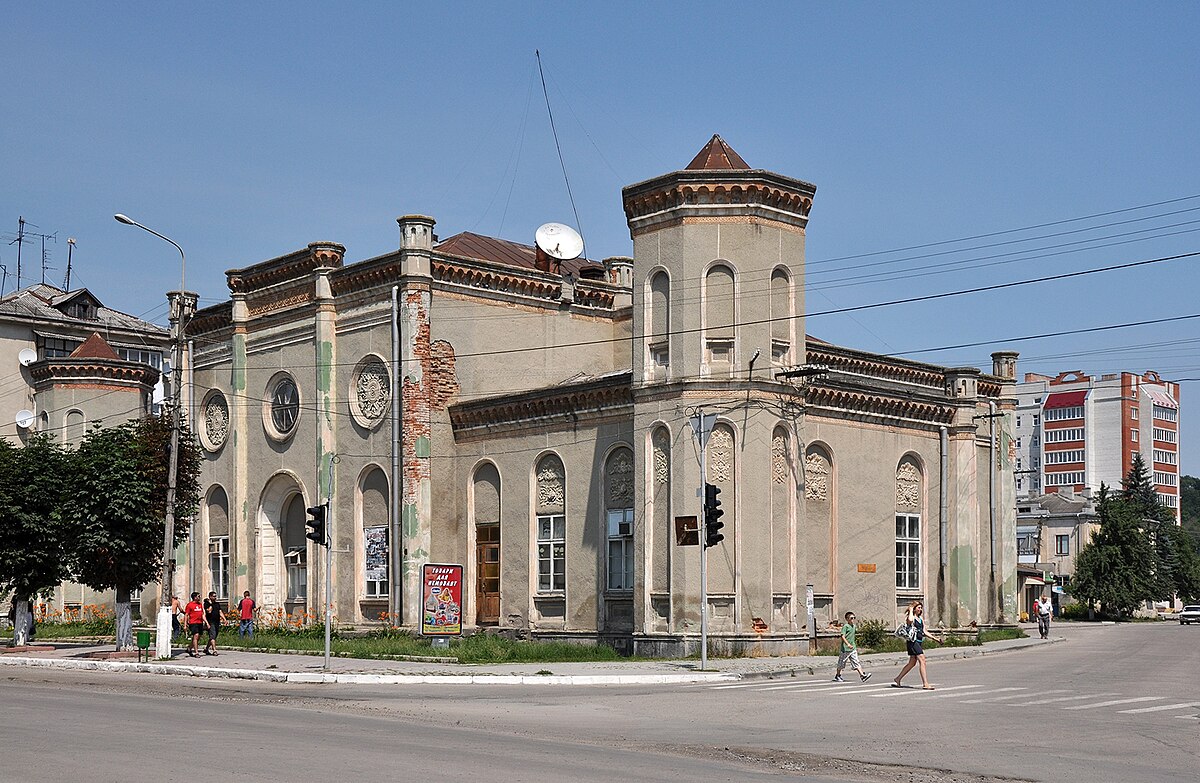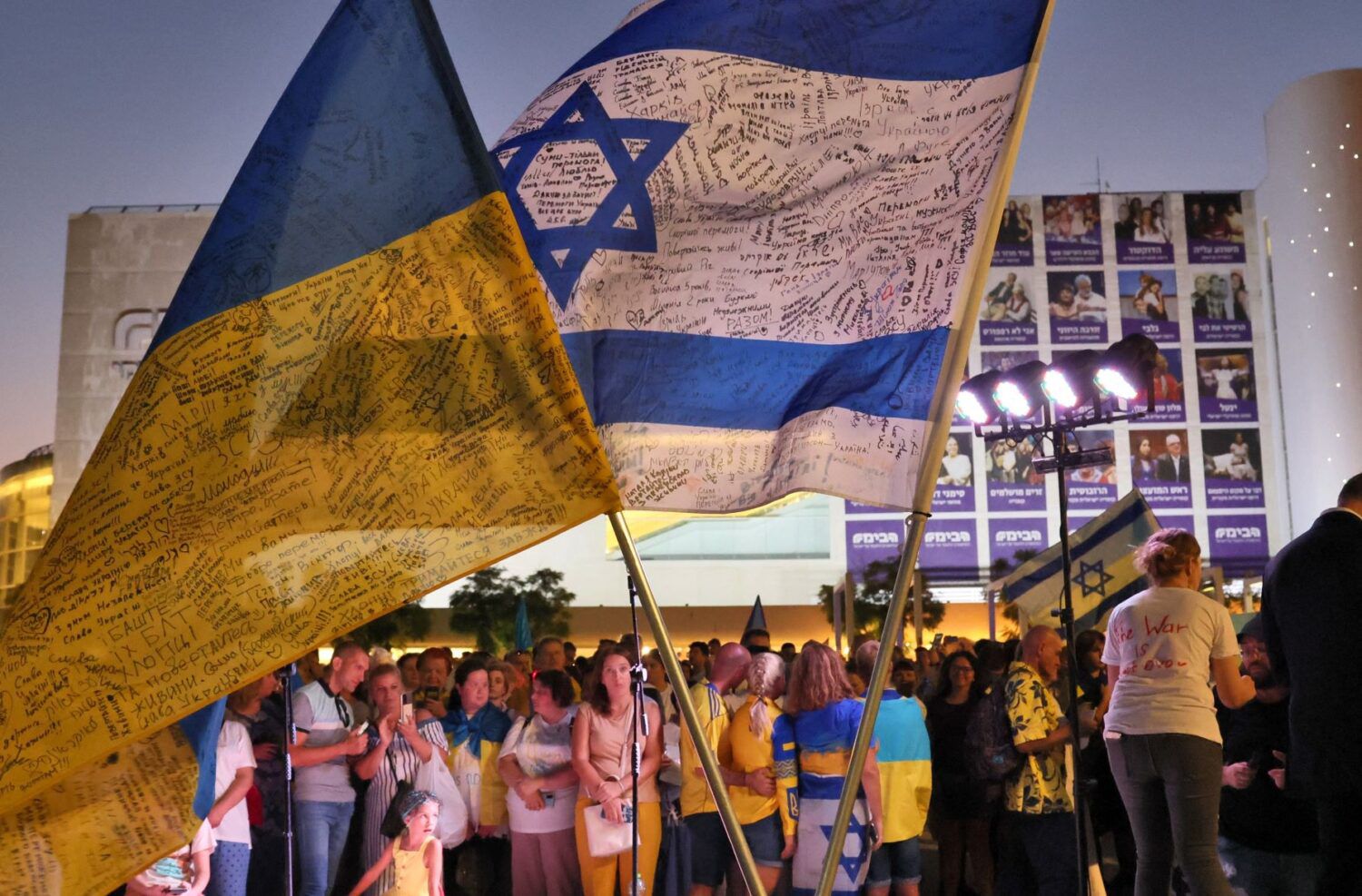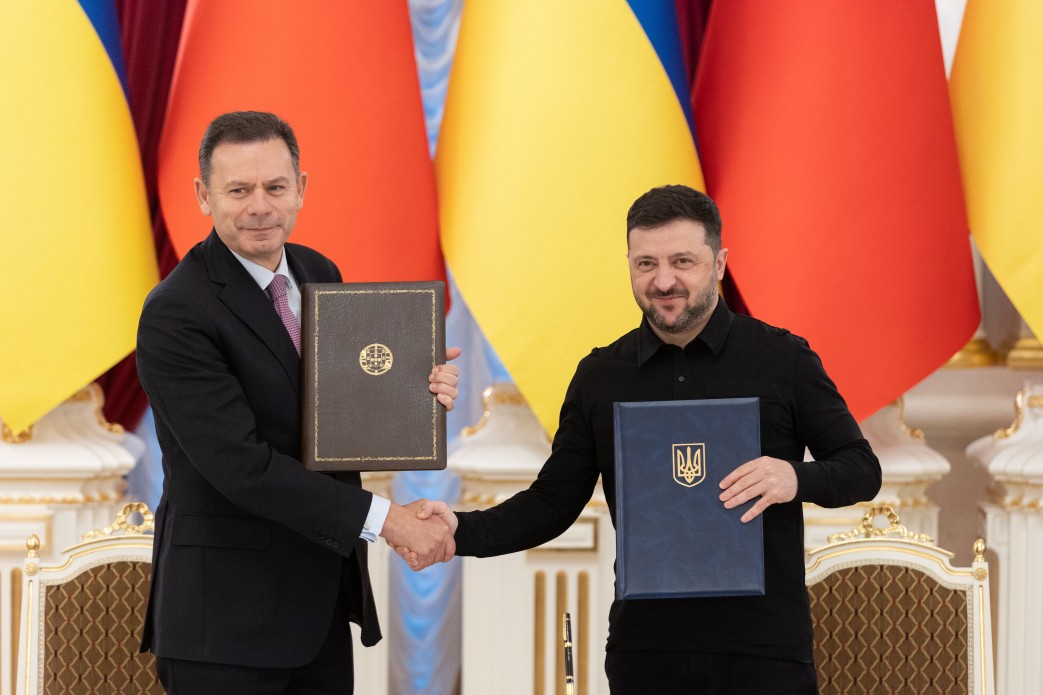Dmitriy Bykov a Russian writer, poet, literary critic and journalist, also known as biographer of Boris Pasternak, Bulat Okudzhava and Maxim Gorky, gave an interview to Khodorkovsky.Live channel and expressed his opinion on the current anti-Semitic sentiments in Russia
"The problem is that absolutely any conflict in Russia tends to escalate into Russian-Jewish tensions, or, to put it bluntly, pogroms. And I can roughly explain why this happens.
The issue is that the Russian authorities have long used the Jewish question, to put it crudely, as a way to channel any protest sentiments. If something goes wrong in the state, and protests may be directed upwards, they resort to organizing a Jewish pogrom. When any social conflicts or growing social tensions arise, they shift the blame onto Jews. It's the Jews who "poisoned the water in the wells," it's the Jewish "killer doctors." Stalin did all of this, by the way because social tensions in late Stalinist Soviet society were evident. People expected that after victory, there would be some relaxation. But nothing happened, and they allowed the poisoning of Jews.
The Jewish question in Russia has always been a confrontation between modernity and archaism, with Jews consistently on the side of modernity. That's why Vladimir Putin's sincere sympathies for Hamas should raise no doubts.
And the fact that this has arisen in Dagestan, where traditionally there was tolerance towards Jews and where mountain Jews coexisted, is even more concerning. They've stirred up this situation because when a society is subjected to criminalization for a long time, when it goes wild, when enlightenment disappears from it, people start saying, "I won't rent my house to Jews."
Read any comments on the internet, and you'll see a wave of anti-Semitism like we haven't seen since the 1970s or 1950s when they vigorously promoted this issue. The problem is that peddling the national issue sooner or later leads to the problem escalating to the level of total conflict, and total interethnic hostility begins. Russians start getting driven out of the Caucasus, but that's all ahead. It starts with Jews because it's easier. It's easier to divert the "people's anger" towards Jews. This is just the beginning. Dagestan is only the beginning of a situation spiraling out of control, and it's a very bad beginning.
The root of this conflict lies in Russian history. Regardless of whom they portray as the enemy, whether it's a Caucasian, a Chinese, or anyone else, it will always come back to the Jew. This tradition is deeply ingrained, going back to Dostoevsky's article on the Jewish question.
I'm not saying that the Russian people are inherently anti-Semitic. There's no such thing as a "simple Ivan," and there's no traditional "simple man" either.
It's an ideological construct. This image of the Russian people as simple, good-natured, always drunk, and prone to fits of anger is a manufactured concept. It's the deep-seated notion of the people. And it has existed for a long time. The concept of "Ivan with a balalaika" and "the bear with a balalaika." The Russian people are much more complex, serious, and aggressive than this imposed portrait suggests.
It just so happens that in both Jewish and Russian traditions, Jews are perceived as advocates of revolution and modernity, while Russians are seen as defenders of conservative, traditional values. Jews are seen as corrupting, and Russians are seen as protecting, resulting in destructive behavior. This is far from reality, but this narrative, this myth, is enforced, and the new wave of anti-Semitism has found fertile ground to grow.
What are they saying? Artists are leaving, and thank God, the air will be cleaner. Jews are leaving, and there will be less of a garlic smell.
And then all of this immediately turns into a slogan that is now very widely circulated on the internet: "Hitler didn't finish the job."
I've mentioned before that fascism turned out to be remarkably digestible, and many Russians have easily embraced fascist narratives. Despite the fact that a significant number of Jews fought on the front lines and died during the war.
I'll say it again; this won't be limited to just this. Russians will have to sort out their relations with the Caucasian population in the Caucasus, and guest workers will have to answer for everything in Moscow.
But it always starts with anti-Semitism because Russian authorities have played this card throughout the 19th century. It's like a kind of domestic syphilis, and that's how it all begins. It's only natural that it will end in a lot of bloodshed."





















